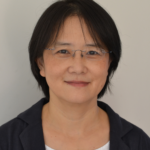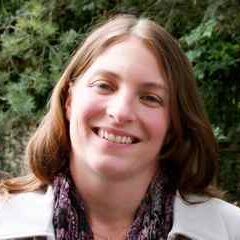Your basket is currently empty!
Mastering Immunity 2024
Mastering Immunity 2024
understand immunology in a variety of applications presented by experts in their field from around the world
Online Symposium, Thursday, 7 March 2024
1:30pm (GMT) / 8:30am (EST) / 9:30pm (CST)
Register Now
Final Program
| GMT | ET | GMT+8 | Experts | Talk Title | |
| 1:20pm | 8:20am | 9:20pm | OPENING REMARKS | ||
| 1:30pm | 8:30am | 9:30pm |  | Dr. Peter Eggenhuizen Research Fellow, Monash University, Australia | Autoantigen-specific T regulatory cells halt the progression of lupus nephritis |
| 1:50pm | 8:50am | 9:50pm |  | Sam Benton Immunology Sales Specialist, ProImmune, UK | AnkyronsTM: The future of target-binding reagents beyond antibodies |
| 2:10pm | 9:10am | 10:10pm | 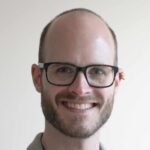 | Dr. Kevin Maringer Group Leader, The Pirbright Institute, UK | The role of mosquito NF-κB-mediated innate immunity in controlling vector-borne virus transmission and emergence |
| 2:30pm | 9:30am | 10:30pm | 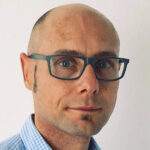 | Dr. Andreas Hollenstein Principal Scientist, Roche, Switzerland | User Cases for ProMap® T Cell Proliferation Assays – The Good the Bad and the Ugly |
| 2:50pm | 9:50am | 10:50pm |  | Dr. Máté Manczinger Group Leader, Biological Research Centre, Hungary | Negative trade-off between neoantigen repertoire breadth and the specificity of HLA-I molecules shapes antitumor immunity |
| 3:10pm | 10:10am | 11:10pm |  | Dr. Emilee Knowlton Senior Immunology Sales Specialist, ProImmune, USA | Pro5® MHC Class I Pentamers and ProT2® MHC Class II Tetramers for tracking antigen-specific T cells |
| 3:30pm | 10:30am | 11:30pm | 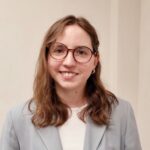 | Dr. Ashley Curran Johns Hopkins University, USA | Citrullination modulates antigen processing and presentation by revealing cryptic epitopes in rheumatoid arthritis |
| 3:50pm | 10:50am | 11:50pm | 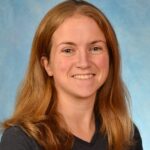 | Dr. Genevieve Clutton Research Associate, University of North Carolina, USA | CD3 downregulation identifies high-avidity human CD8 T cells |
| 4:10pm | 11:10am | 12:10am (+1) | 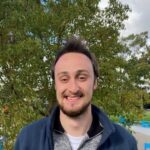 | Dr. Alexander Nicols Postdoctoral Research Scholar, University of California, USA | Understanding the Impact of Hybrid Immunity on SARS-CoV-2 T Cell Memory |
| 4:30pm | 11:30am | 12:30am (+1) | CLOSING REMARKS |
ProImmune’s Mastering Immunity series of symposia has attracted 1000’s of scientists from a diverse range of organizations around the world to solve practical challenges as well as share knowledge around measuring both wanted and unwanted immune responses.
Immunology plays a critical role whether you are working in basic biological research, biotherapeutic development such as Cell and Gene Therapies, Vaccines, Antibodies, TCR-T and Complex Peptide Drugs, or even daily consumer products such as Food Proteins, Enzymes and Cosmetics.
It is imperative to be equipped with the correct tools and technologies to evaluate both desired and undesired immune responses depending on the research question to be addressed. In this symposium our expert speakers will present and discuss key new advancements in our understanding of the molecular and cellular immune response in a variety of research areas.
By participating in this symposium, you will be inspired by renowned global experts presenting their respective expertise in their research field and discussing their latest insights and what they perceive to be the main challenges still to be overcome. Don’t miss your chance to hear first hand about these developments and participate in our moderated panel discussion.
Are you interested to present your research story in this meeting? If so, contact us here.
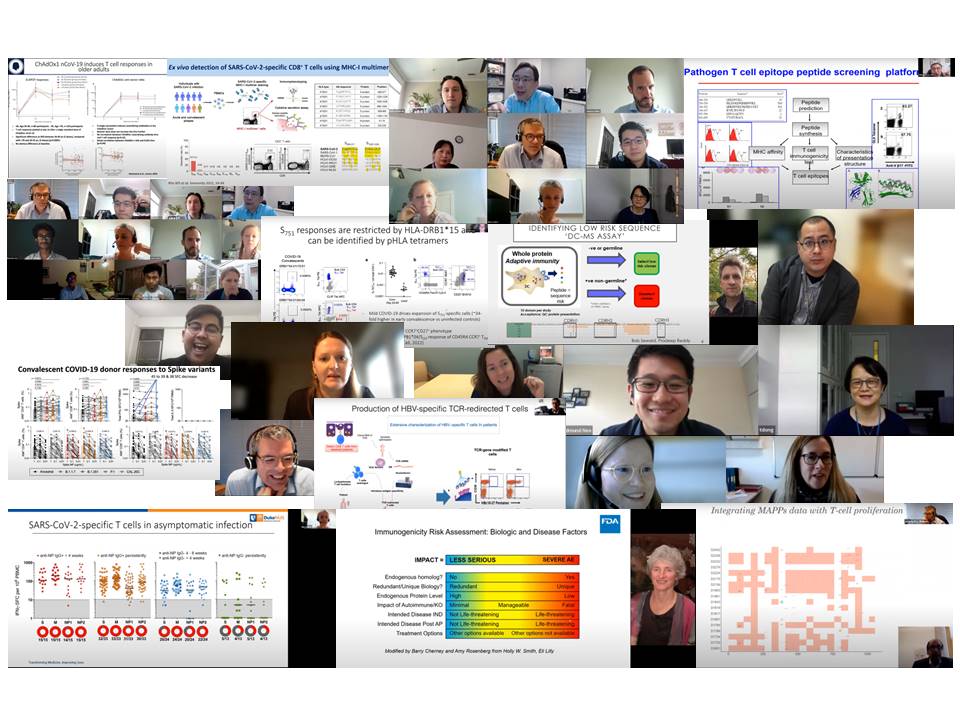
Highlights from Previous Mastering Immunity Meetings are available online free of charge
How will I benefit?
Learn from the experts as they highlight their discoveries.
Share information with like-minded scientist from other groups and explore new opportunities for collaboration.
Discover fresh perspectives and novel ideas to combat the challenges in the rapidly changing field of immunology.
Connect with scientists from different part of the world with similar research interest.

